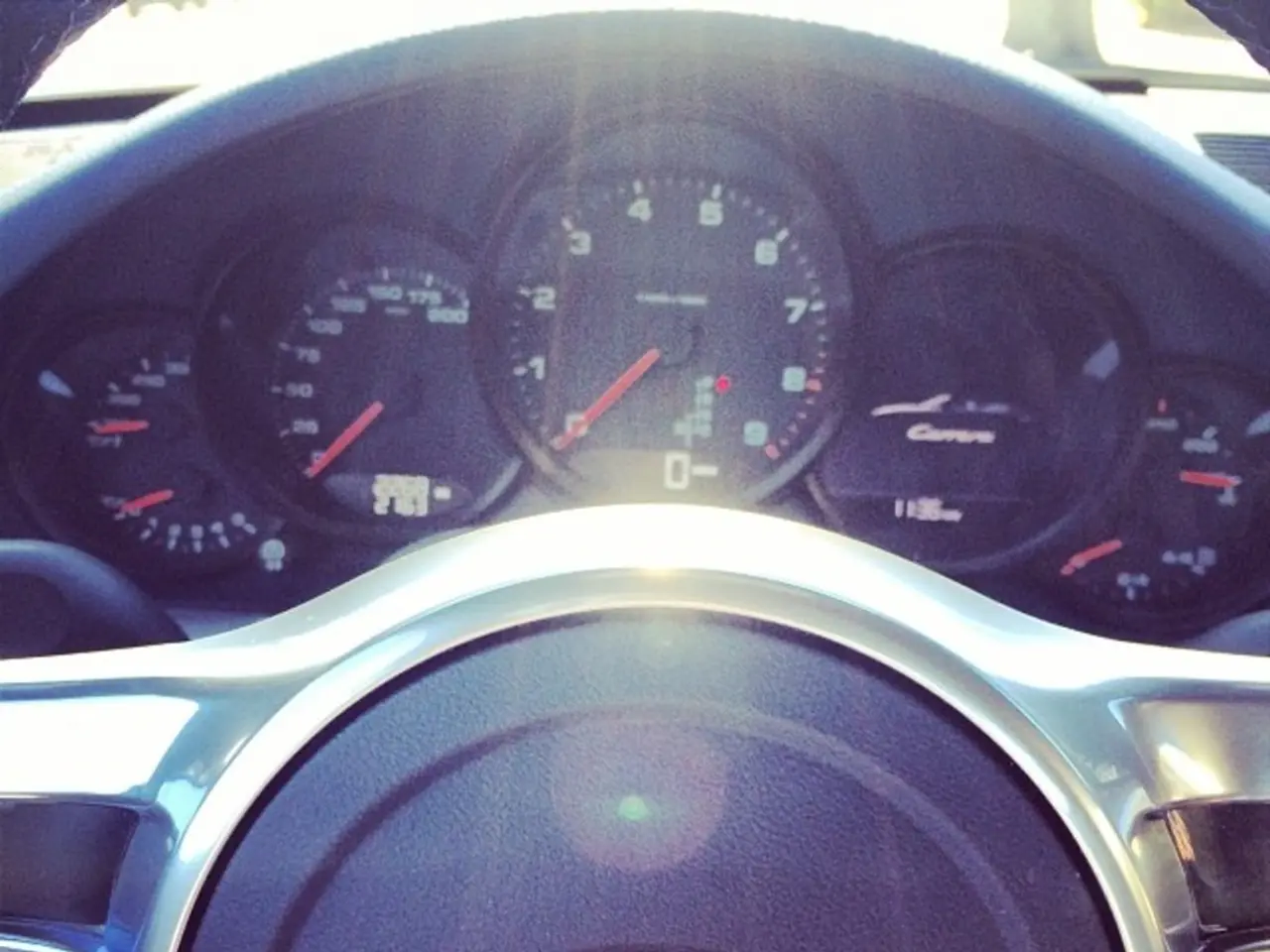Porsche has chosen not to produce vehicles in the United States.
Porsche, the renowned German sports car manufacturer, has dismissed the idea of producing cars in the United States, citing no immediate or concrete plans for such a move. This decision comes in response to the US tariffs on car imports, which have made the sale of German cars in the US significantly more expensive for manufacturers.
The tariffs, imposed by President Donald Trump, have resulted in increased export costs for car manufacturers, including Porsche. However, despite the decrease, the tariff rate will still be more than before the trade conflict, with the current rate of 27.5 percent set to decrease retroactively to 15 percent on August 1.
Industry experts anticipate medium-term production shifts from German car manufacturers towards the USA as a means to address these increased costs. However, Porsche's North America chief, Timo Resch, has stated that local production does not make sense from a cost perspective at the current stage for Porsche.
Resch made these statements to "Handelsblatt", adding that there are no concrete plans for production in an existing plant of a VW subsidiary or for pure final assembly of finished parts in the USA. The number of units at Porsche is significantly lower than at companies like Audi, further complicating the cost-benefit analysis of local production.
Despite the challenges posed by the tariffs, Porsche remains satisfied with the current origin of its vehicles. The exact cost of the tariffs for car manufacturers, including Porsche, was not specified by Timo Resch. However, it is clear that the tariffs have had a substantial impact on the sale of German cars in the US market.
For Porsche, the focus remains on maintaining the quality and performance that its customers have come to expect, rather than shifting production to the US in an attempt to mitigate the effects of the tariffs. As the situation continues to evolve, it will be interesting to see how other German car manufacturers respond to the tariffs and whether more companies follow Porsche's lead in rejecting local production.




